Finding Mr Engels: Part 1
How a journey to uncover my family history led me to an encouter with Friedrich Engels in slums of Victorian Manchester
It’s an overcast day in the autumn of 2012.
Inside the archaeologists’ hut at the bottom of Dantzic Street, I’m picking over the Victorian artefacts that have come up from the trench.
The bowl of a clay pipe that still whiffs of tobacco. The delicate handle of a china teacup.
A short string of beads and Crucifix from a Rosary.
Three Hail Mary’s, I think, and a Glory Be.
I’m still pondering these little broken bits of lives once lived when I notice the book sitting across the dirty white table.
“What’s is it?”
“It’s The Condition of the Working Class in England by Friedrich Engels. You should read it,” Chris the archaeologist says.
I’ll later buy a copy of that book. It will have a green linen cover — and it will change my life.
But before I get into why I’m at that archaeology dig, I’ll tell you why I think The Condition is an important book.
Engels, a German political philosopher, came to Manchester and Salford in 1842 to work at his family’s cotton mill in Weaste.
He wrote The Condition here while observing how Mancunians were living and working in the belly of the world’s first industrial city.
Just a few years after publishing the book in 1845, he went on to write The Communist Manifesto with Karl Marx as workers’ revolutions were sweeping through Europe.
And whatever your politics are, it’s hard to deny that these are two of the most important political documents ever written.
Think of all the world events that have happened in the wake of those two books — the Russian Revolution, the Cold War, the war in Ukraine.
You can trace a thin red line — a cotton thread perhaps — back through those events to those books and then back here to Manchester.
That’s because it was here that Engels made his most vivid criticisms of industrial Capitalism.
Manchester was “Hell upon Earth”, he wrote in The Condition, and the workers were living in “cattle sheds for human beings”.
And that leads to the second reason why The Condition is important.
It continues to shape the way people understand Manchester — and how we see ourselves as Mancunians.
When students begin studying the city’s history, The Condition is one of the first things they read.
Leafing through the undergraduate reading lists at MMU, you’ll find a course called Manchester and the City.
There is Engels in week three along with Elizabeth Gaskell’s Mary Barton — marked as essential reading.
It’s time, 180 years after The Condition was first published, to look again at what that book means and how we feel about it as a city.
So, it’s 2012 and the archaeologists have decided it’s time to test out if what Engels was saying about Manchester was true.
They have broken the surface of a car park off Dantzic Street to try to find the remains of some nineteenth century workers’ housing that had been backfilled into the cellar holes during slum clearances in the 1950s.
I have a personal interest in what they are doing and that’s why I’m here.
My three-times great-grandfather William Kirby lived in one of these houses with his family.
In a few days’ time, I’ll climb down a metal ladder like a time-traveller and stand in the hole where William once lived.
Like going through a portal, it will take me on a journey into the past.
A journey that that will lead me to an unexpected encounter with Mr Engels.
And, if you want, you can come with me down that hole too.
Next time: Two statues
Engels Talk for Manchester Lit and Phil
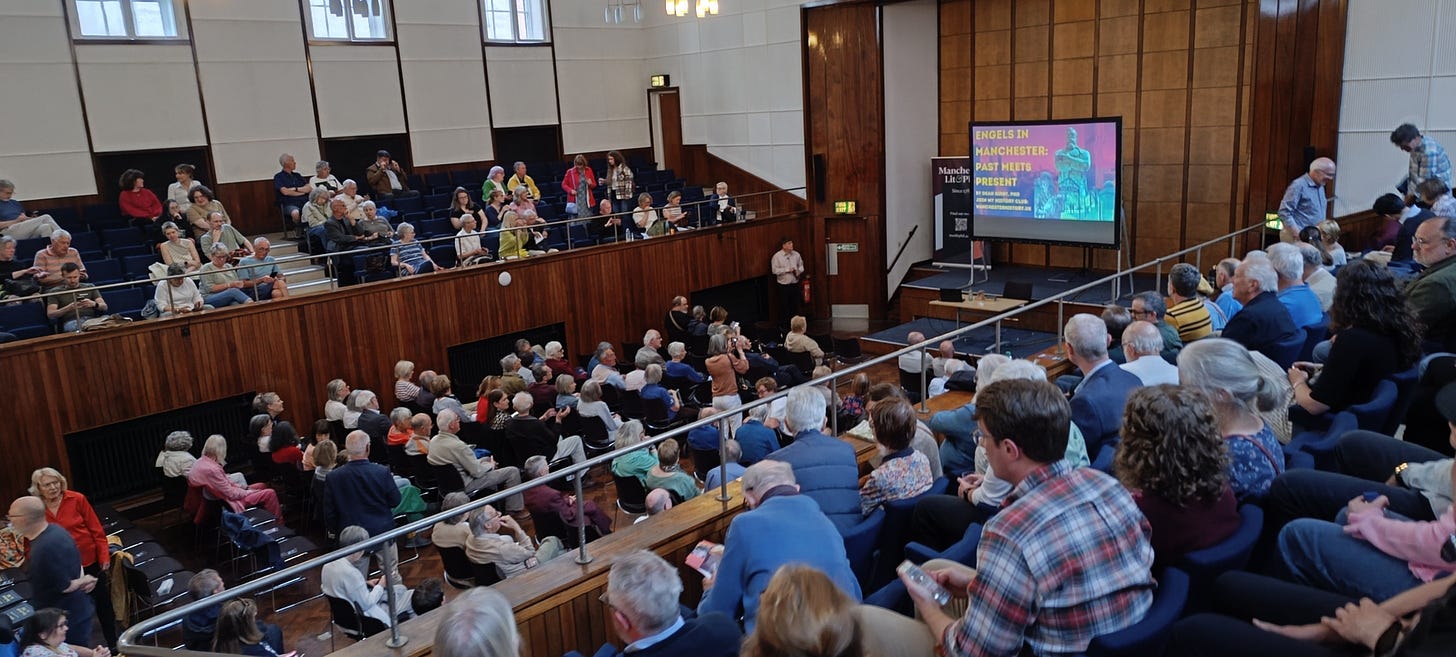
Thank you to the nearly 300 people who came to hear me talk about Engels, Manchester and my family history at a packed meeting of the Manchester Literary and Philosophical Society late last month.
It was a big moment for me as the Lit & Phil is one of the oldest literary societies in the world and previous members have included the scientist John Dalton and the mathematician Alan Turing.
Among the audience was a group of visitors to Manchester from the Royal Philosophical Society of Glasgow.
It’s the biggest talk I’ve done since I started this journey to write about and share the history of Manchester in 2023.
If you enjoy reading this newsletter, please do subscribe and share it as it can only survive as long as people are reading it.
If you aren’t able to subscribe right now, there’s also an option to donate a book to help me with my ongoing research into Manchester’s incredible history.
Take a walk in the footsteps of Engels
I’ve just announced some new dates for my Angel Meadow tour this summer, where you’ll hear about Engels and visit some of the streets where he walked 180 years ago.
For tickets and more info, click on the button below or visit this link:
Have a great weekend and I’ll hopefully see you on the road soon.






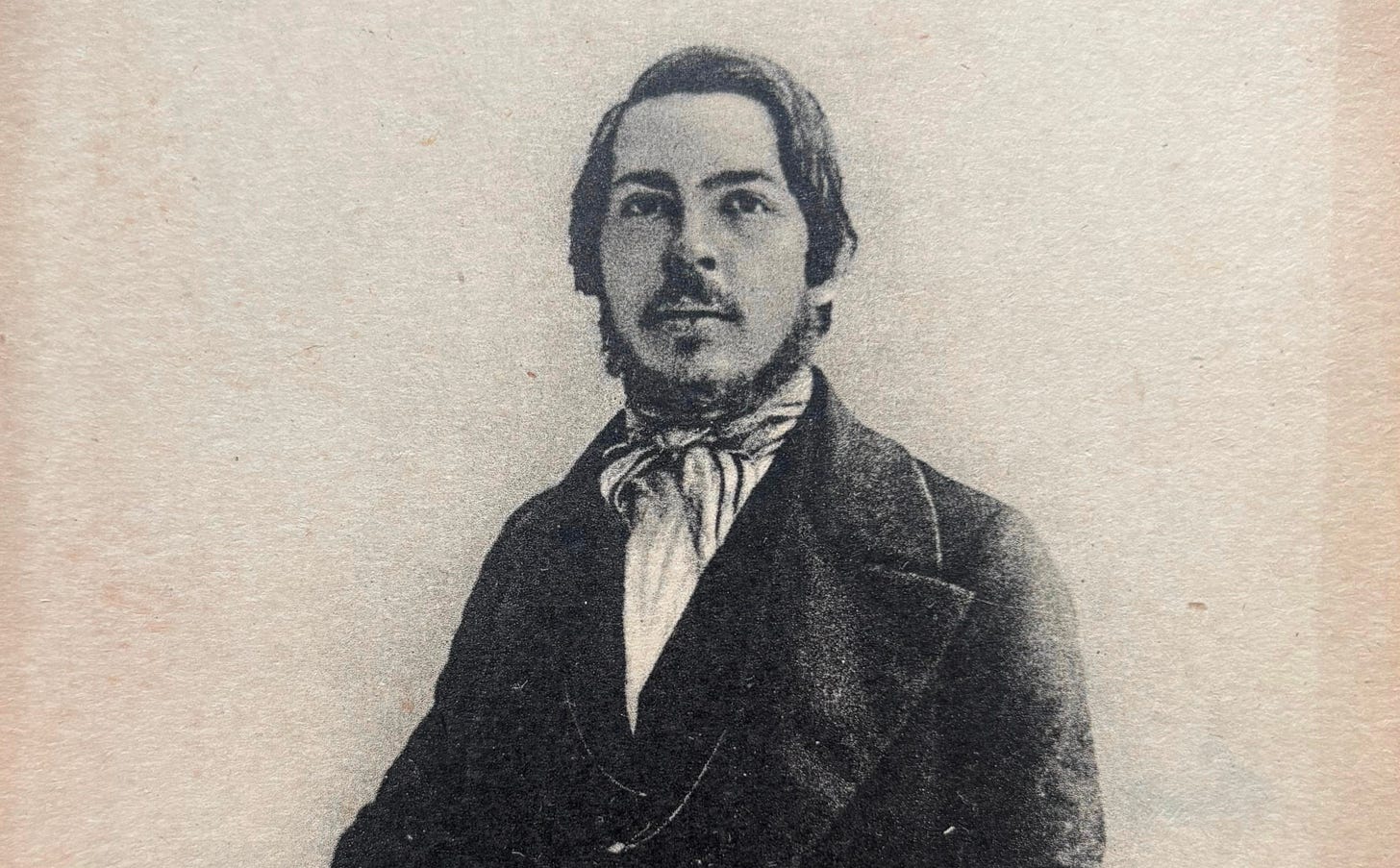
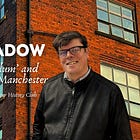
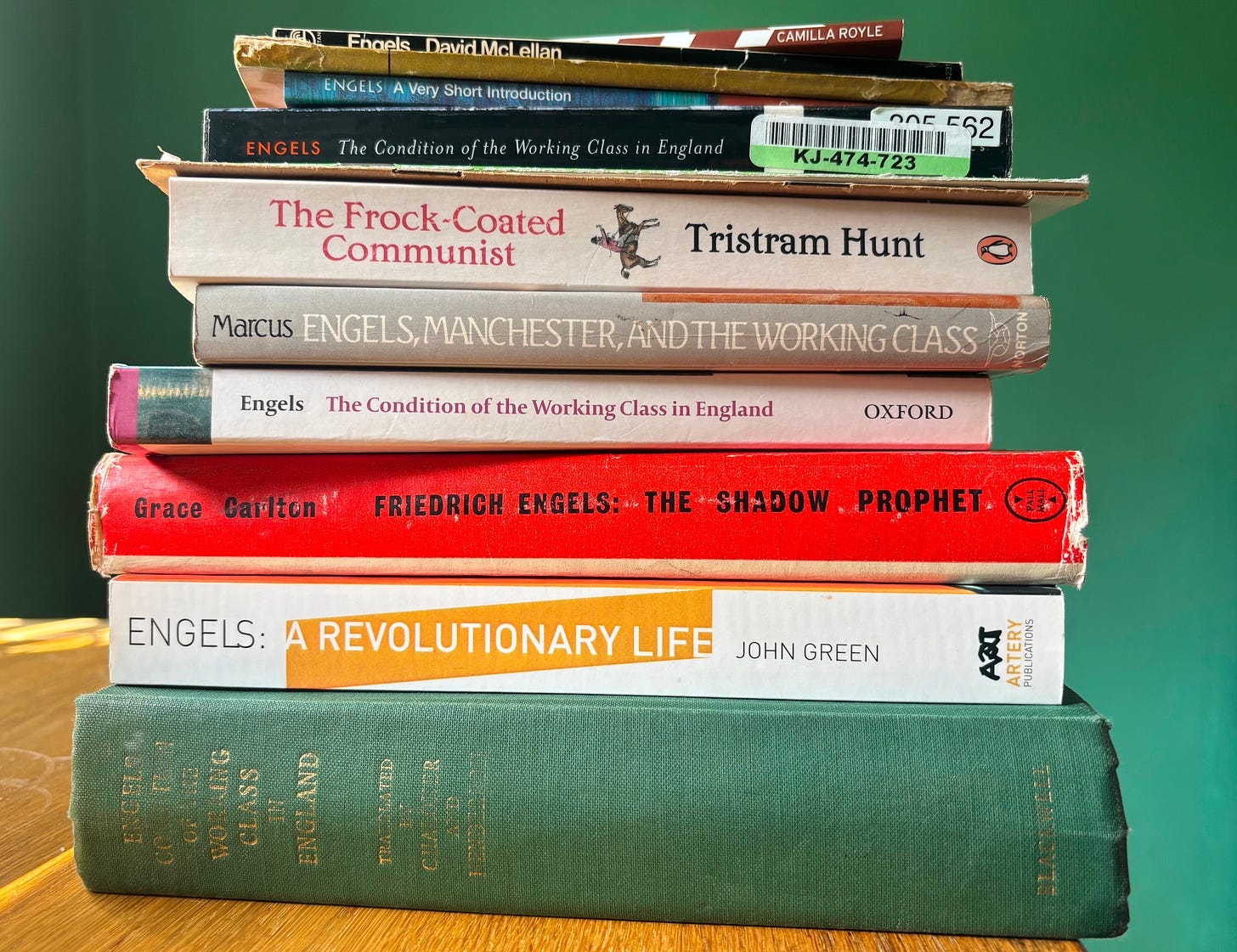
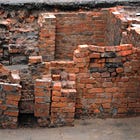
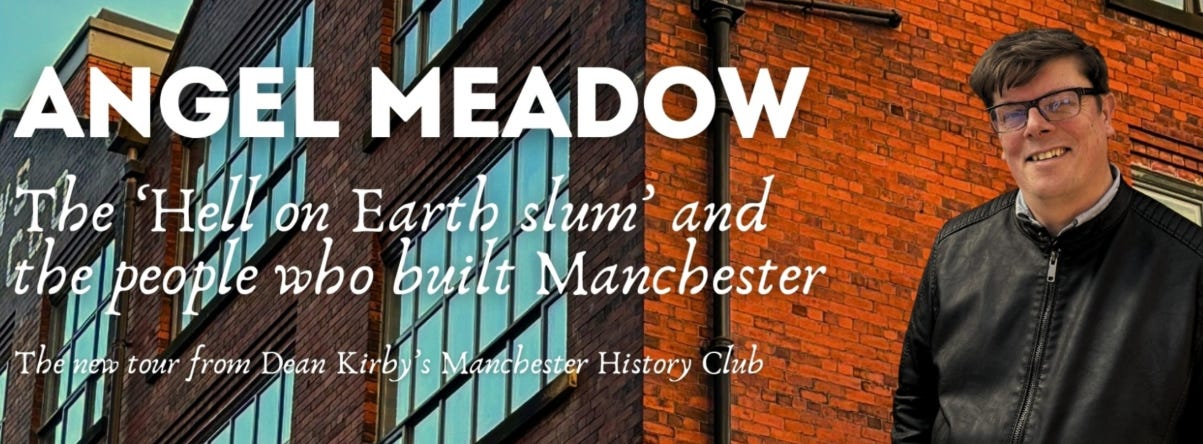

I've not read the complete book by Engels only certain extracts. They were jaw dropping indeed. I'm also fascinated by his domestic life in Manchester and have read a bit about that.
There was quite the German community in Manchester at the time due to trade and I find it all very interesting. Looking forward to my tour in July Dean .